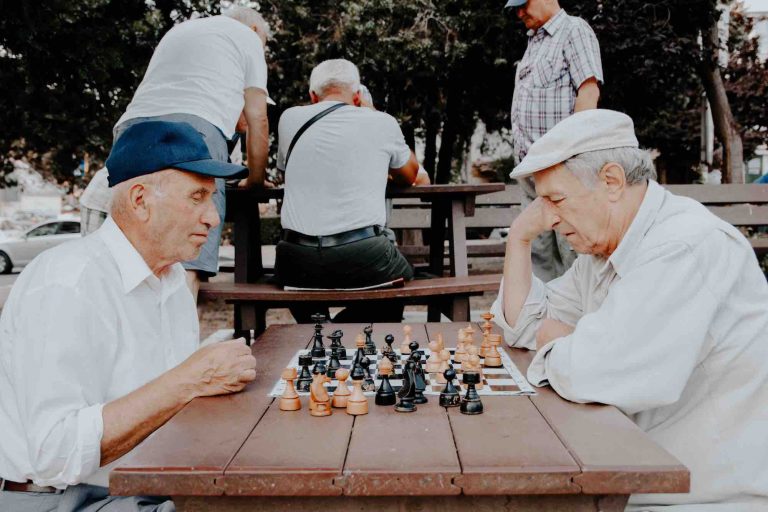
Love playing a sport? Enjoy knitting? Like to spend time reading books? Find peace in painting? You are in luck. Research has shown that hobbies can prevent aging ailments such as dementia by keeping the brain active. According to cognitive health specialists, hobbies can be really beneficial if they are stress-free, regular, engaging, and ideally have a component of socialization.
Physically engaging hobbies such as sports, hiking, and walking, and mentally engaging ones such as painting, crafting, and gaming, are great ways to spend time enjoyably while enhancing your brain health. Hobbies encourage you to socialize and meet like-minded people. Hobbies have also long been proven to be beneficial for fighting mental health conditions such as depression, anxiety, and stress, and prevent aging issues such as memory loss and slowing down of cognitive functions.
Seniors and the elderly have the gift of time in their hands and hobbies can make not just great pastimes but also an amazing way to keep them in good health and spirits.
Here are some hobbies that people of any age can enjoy and reap all the health benefits while doing something meaningful with their time –
Sports and Exercising – Sports such as swimming, tennis, golf, are great for physical fitness, give the right amount of exercise, and are often played in groups giving a healthy dose of socialization. Yoga and meditation can be done by people of all skill and ability levels and can be a great way to focus on their mind and body at the same time.
Gardening – A great way to preserve one’s health and the environment is gardening. A study on elderly women by the American Society for Horticultural Science showed that in 7 weeks, just two 50-minute sessions per week of potting plants and watering flowers made them lose weight around their waistline. Being among greenery is relaxing and meditative. If you do not have a big garden, consider keeping potted plants or simply adopt a few plants in your neighborhood garden.
Gaming – Both board games and video games are great ways to keep the mind active. The good old board games are always a hit among the seniors especially because they are played in teams, provide mental stimulation, and socialization. In the last few years, the ‘silver gamer’ community has surged. Today one in four people over the age of 55 own a gaming console. Video games, even the simple ones such as Scrabble and Solitaire, are a great way to keep the brain active and also enhance the brain and body coordination.
Reading – Books, blogs, and articles can provide the daily dose of knowledge, entertainment, information, and mental stimulation. Reading is available today to people of all abilities – electronic book readers, audio books, and podcasts are all great supplements to books. Books also prompt people to socialize via book clubs.
Arts and Crafts – A study on middle and old aged people by Mayo Clinic found that artistic hobbies such as painting, drawing, and sculpture reduced their risk of developing mild cognitive impairment by 73% and creative hobbies such as embroidery, knitting, and wood-working reduced that risk by 45%. There is plenty of research showing beneficial effects of creative hobbies on battling chronic illnesses, reducing depression, anxiety, and stress, decrease negative emotions and increase positive ones, and fighting obesity and eating disorders.
Charity – Last but not least, spending time on charitable pursuits is one of the most rewarding hobbies. Volunteering at a soup kitchen, church, or an animal shelter is the best gift that seniors can give to the community. For those with physical limitations, creating goods for charity is another great way to fulfill the charitable intentions while reaping the benefits of creativity. Knitting hats, scarves, and shawls for charity is a great way to show care for the community while keeping the brain and body active.
Spending just 30 minutes each day to do something you truly enjoy will help your mind and body stave off aging symptoms. Need help with finding easy projects to do?






0 Comments